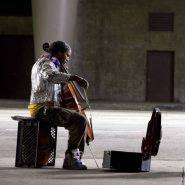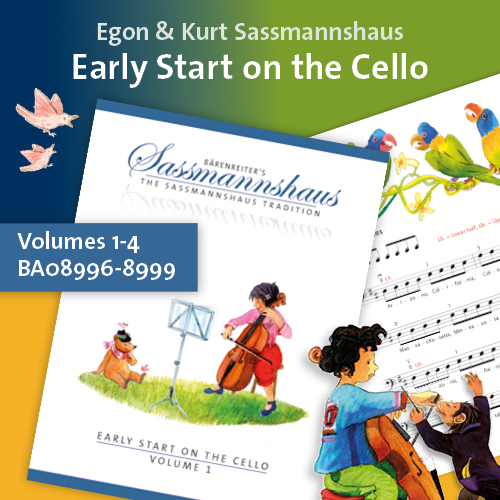Category: Beyond the Traditional
By Janet Horvath May 23, 2022
By Khari Joyner December 11, 2020
Subjects Beyond the Traditional
Tags Beethoven, Brahms, Cadenzas, improvisation, Mozart, Music History, Musical Freedom, Ravel
By Jeffrey Zeigler April 14, 2016
Subjects Beyond the Traditional



